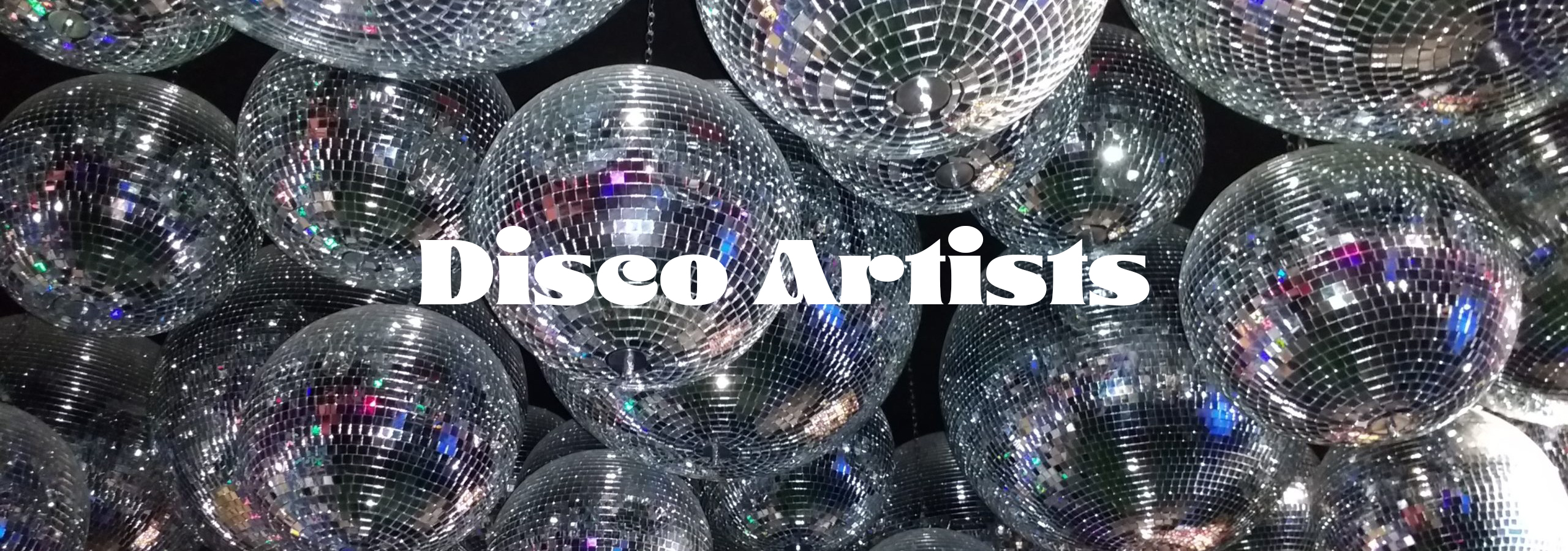
Famous Disco Artists of the 70s
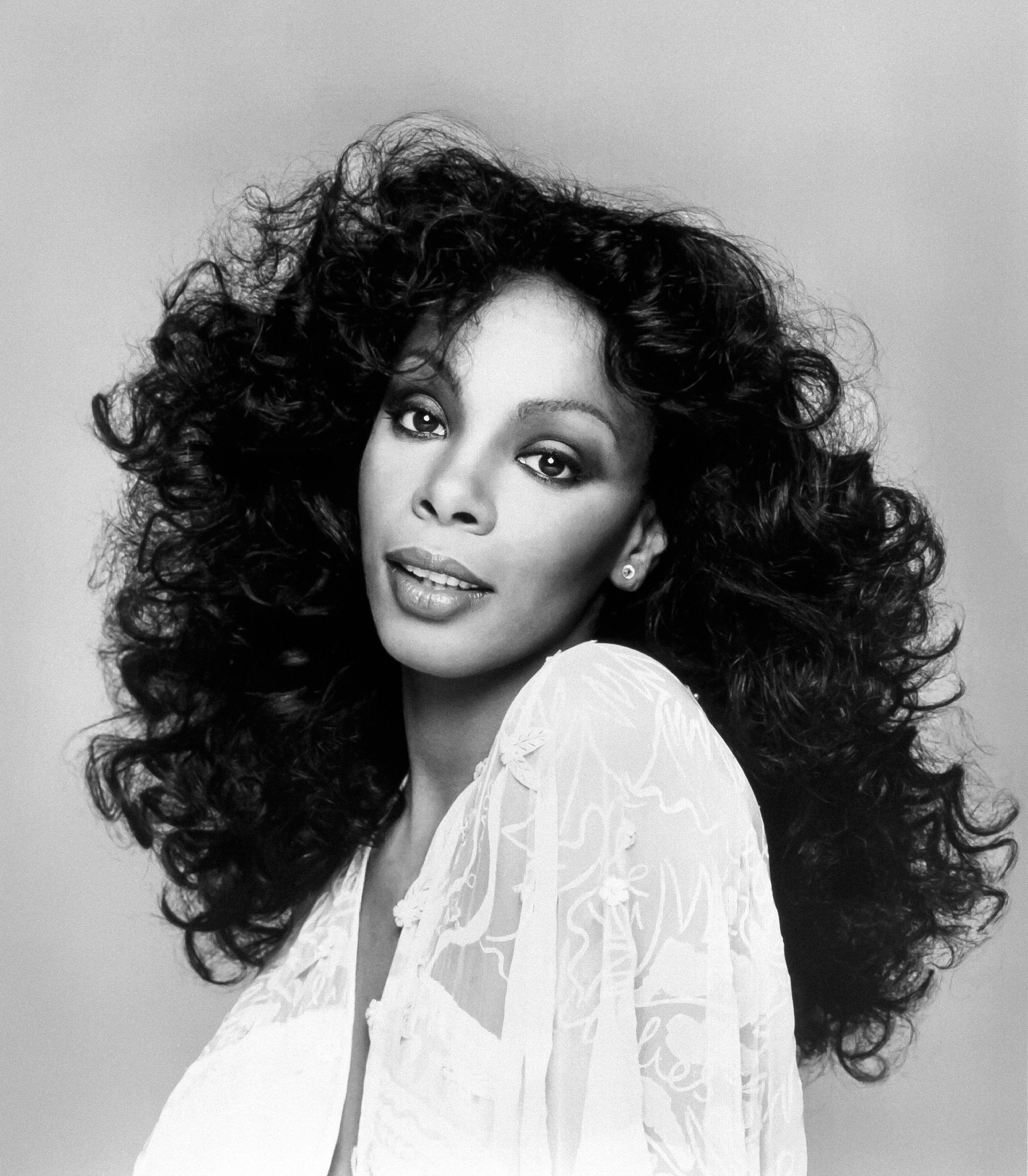
Donna Summer
Donna Summer was an American singer and songwriter who played a significant role in popularizing disco music on a global scale. She became one of the genre’s most prominent and influential figures during its peak in the 1970s.
Her rise to fame was marked by a series of successful releases, including “I Feel Love,” “Love to Love You Baby,” “Hot Stuff,” and “Bad Girls.” These tracks not only achieved commercial success but also helped define the sound of disco during its most influential years.
Summer frequently collaborated with Italian producer and composer Giorgio Moroder, a partnership that contributed to the development of electronic dance music. Over the course of her career, she sold more than 100 million records worldwide, placing her among the best-selling music artists in history.
Between 1975 and 1984, Summer achieved 12 top 10 singles on the Billboard charts, with 10 reaching the top 5—more than any other artist during that period. Her contributions were recognized with five Grammy Awards and, in 2013, she was posthumously inducted into the Rock and Roll Hall of Fame.
Donna Summer is widely regarded as a transformative figure in disco music, and her influence continues to be felt in contemporary pop and electronic music.
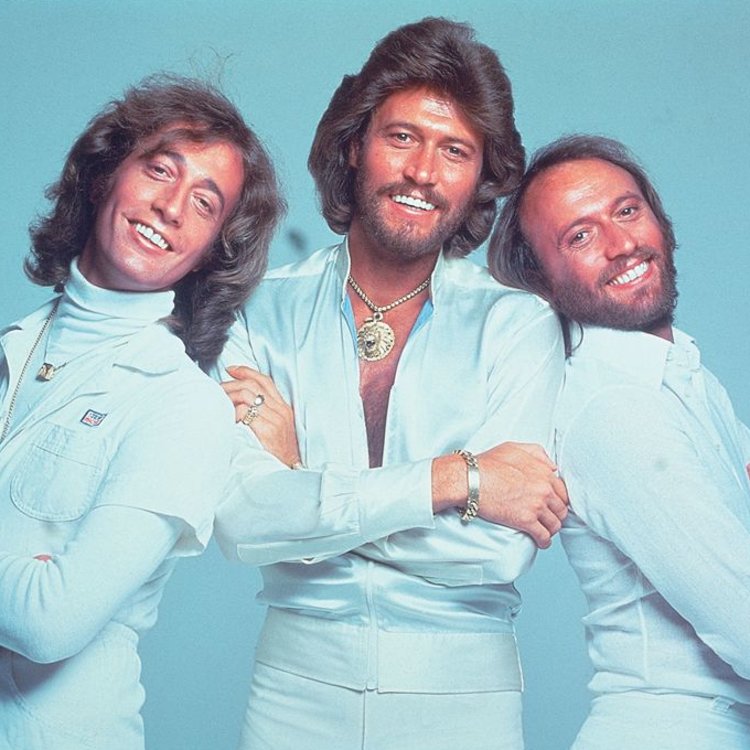
The Bee Gees
The Bee Gees were a musical group composed of brothers Barry, Robin, and Maurice Gibb. Formed in 1958, the group gained widespread popularity in the late 1960s and achieved global fame during the 1970s. Known for writing and performing their own original songs, the Bee Gees also composed numerous hit tracks for other artists such as Yvonne Elliman, Dolly Parton, Celine Dion and many more.
Their prominence peaked during the disco era of the late 1970s, when they became closely associated with the genre and were frequently referred to as “the Disco Kings” by fans and media. One of their most iconic contributions was the song “Stayin’ Alive,” featured on the Saturday Night Fever soundtrack in 1977. The soundtrack earned critical acclaim, including five Grammy Awards, among them Album of the Year.
Over the course of their career, the Bee Gees sold more than 200 million records worldwide, solidifying their status as one of the best-selling music acts in history. In recognition of their contributions to music, they were inducted into the Rock and Roll Hall of Fame in 1997.
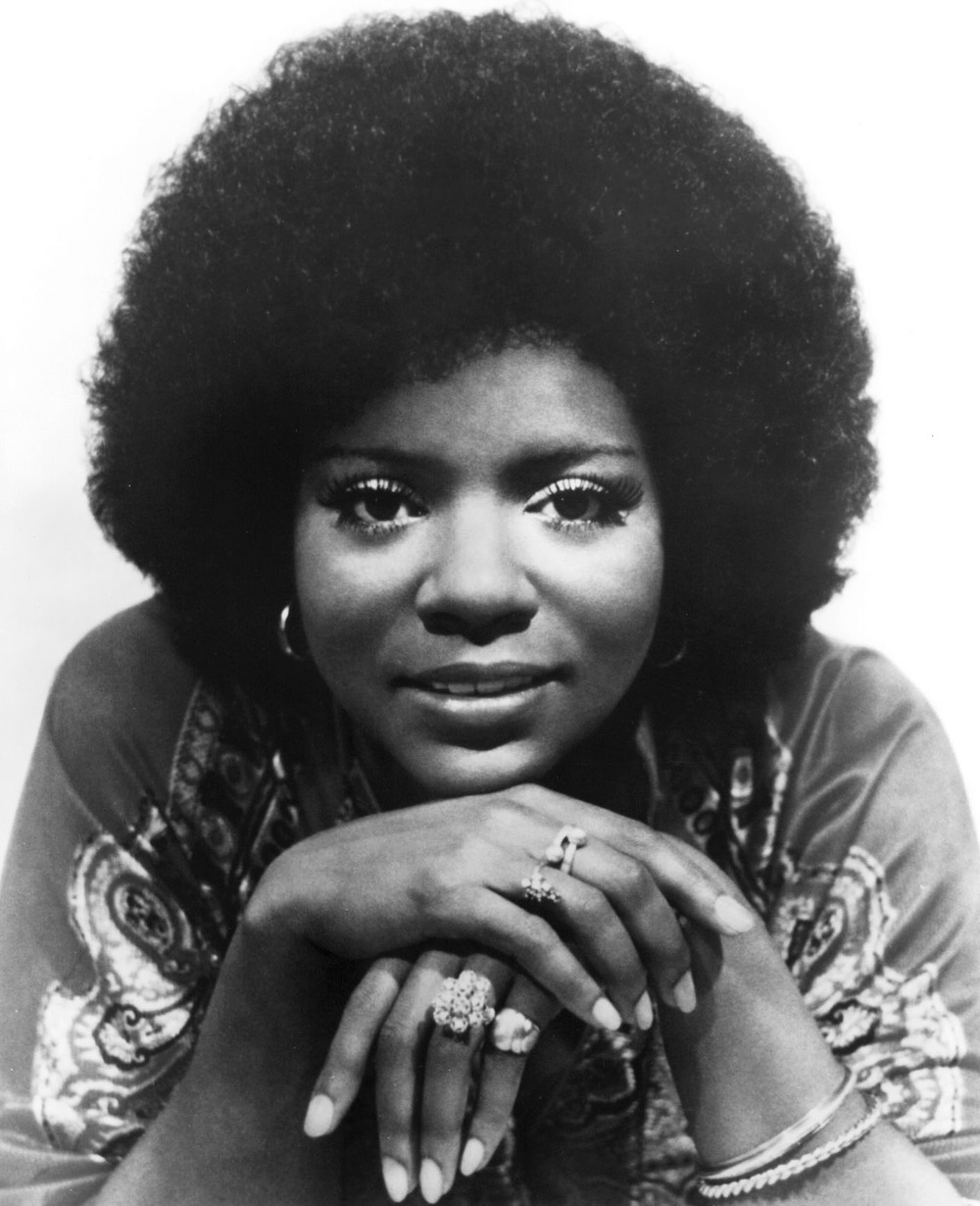
Gloria Gaynor
Gloria Gaynor is an American singer best known for her contributions to disco music during the 1970s, particularly her iconic anthem “I Will Survive.” Released in 1978, the song quickly became a global hit and remains one of the most enduring and recognizable tracks of the disco era. Its message of resilience and empowerment resonated with a wide audience, including women, LGBTQ+ communities, and others who saw themselves reflected in its themes of overcoming adversity. The track earned Gaynor the first-ever Grammy Award for Best Disco Recording in 1980, marking a historic moment both for her career and for the genre.
Before her breakthrough with “I Will Survive,” Gaynor gained attention with her 1975 hit “Never Can Say Goodbye,” which was among the first disco songs to receive significant radio play and club rotation. The success of that track helped establish her as a leading voice in a genre that was just beginning to shape mainstream music. Her early albums showcased her powerful vocals and ability to deliver emotionally charged performances, often blending disco rhythms with elements of soul and pop.

Village People
Village People were a disco group formed in the late 1970s, best known for their catchy songs, energetic performances, and distinctive on-stage personas. Each member of the group adopted a specific character—such as a policeman, a construction worker, a cowboy, and a Native American—creating a playful and theatrical image that became instantly recognizable. The concept was the brainchild of French producers Jacques Morali and Henri Belolo, who aimed to create a group that celebrated freedom, diversity, and fun while also appealing to a gay audience through coded visual and lyrical references.
The group achieved major success with hits like “Y.M.C.A.”, “Macho Man,” and “In the Navy,” which became anthems of the disco era. Their music, characterized by upbeat tempos, strong vocal harmonies, and danceable rhythms, appealed to a broad audience and earned them a prominent place in pop culture. “Y.M.C.A.” in particular became a global phenomenon, widely recognized for its singalong chorus and the accompanying arm movements that have made it a staple at parties and sporting events. The Village People played a key role in bringing queer-coded themes into the mainstream during a time when LGBTQ+ visibility in pop music was limited, and their legacy continues to reflect the bold and celebratory spirit of disco.
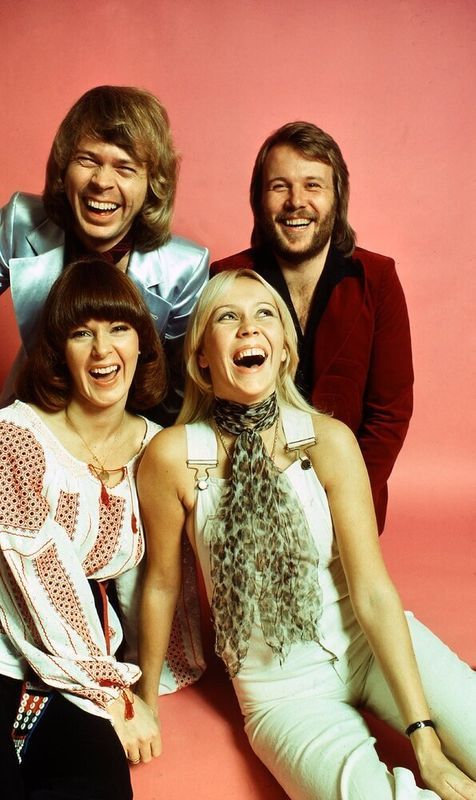
ABBA
ABBA, the Swedish pop sensation formed in 1972, became one of the most influential acts of the 20th century, blending catchy melodies, tight harmonies, and polished production into a signature sound that left an indelible mark on pop and disco music. While not traditionally seen as a disco group at their inception, ABBA seamlessly incorporated disco elements into their work as the genre gained popularity in the mid to late 1970s. Tracks like “Dancing Queen,” “Gimme! Gimme! Gimme! (A Man After Midnight),” and “Voulez-Vous” showcased a strong disco influence, with pulsating beats, lush string arrangements, and dance-floor-ready grooves. “Dancing Queen,” in particular, became a global anthem and remains one of the most iconic disco songs ever released.
ABBA’s contribution to disco wasn’t just about their sound—it was about how they brought a pop sensibility to the genre that made it accessible to broader audiences worldwide. Their fusion of emotional storytelling with upbeat, danceable music helped break down barriers between pop and disco, influencing artists across multiple genres. Moreover, their global reach helped spread disco beyond its American roots, making it a truly international phenomenon. Even after the disco era faded, ABBA's music remained timeless, continuing to inspire modern pop, electronic, and dance artists, from Madonna and Kylie Minogue to Daft Punk and Dua Lipa. Their influence on disco is a testament to how expertly they could absorb trends and repackage them with universal appeal.